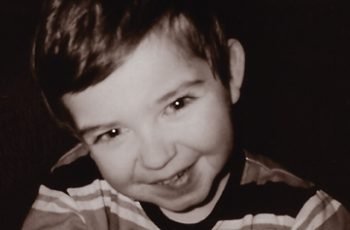Atypical Teratoid Rhabdoid Tumor (ATRT)
What is an ATRT?
An Atypical Teratoid Rhabdoid Tumor (ATRT) is a rare, fast-growing cancerous tumor of the brain and spinal cord. About half of these tumors begin in the cerebellum or brain stem. The cerebellum is located at the base of the brain and is responsible for controlled movement, balance, and posture. The brain stem controls basic body functions such as breathing, swallowing, heart rate, and consciousness.
What causes an ATRT? Who is affected?
In more than 90% of cases, an ATRT results from changes in a gene that normally make proteins to stop tumor growth. The dysfunction of this gene prevents the protein from being made and results in uncontrolled tumor growth.
This disease is most often seen in children age 3 or younger but can occur in older children and adults.
ARTR is found in fewer than 10% of children with brain tumors.
What are the symptoms of ATRT?
ATRTs are fast-growing, so symptoms usually progress rapidly in a short period of time.
Symptoms of an ATRT may include morning headaches, nausea, vomiting, changes in activity levels, feeling sleepy, loss of balance, increasing problems with coordination or trouble walking, and asymmetric eye or face movements.
How is an ATRT treated?
Because of the aggressive nature of these tumors, most patients receive multiple types of treatment including surgery to remove the tumor, chemotherapy to kill cancer cells or stop them from dividing, and radiation therapy which uses high-energy x-rays to kill cancer cells.









